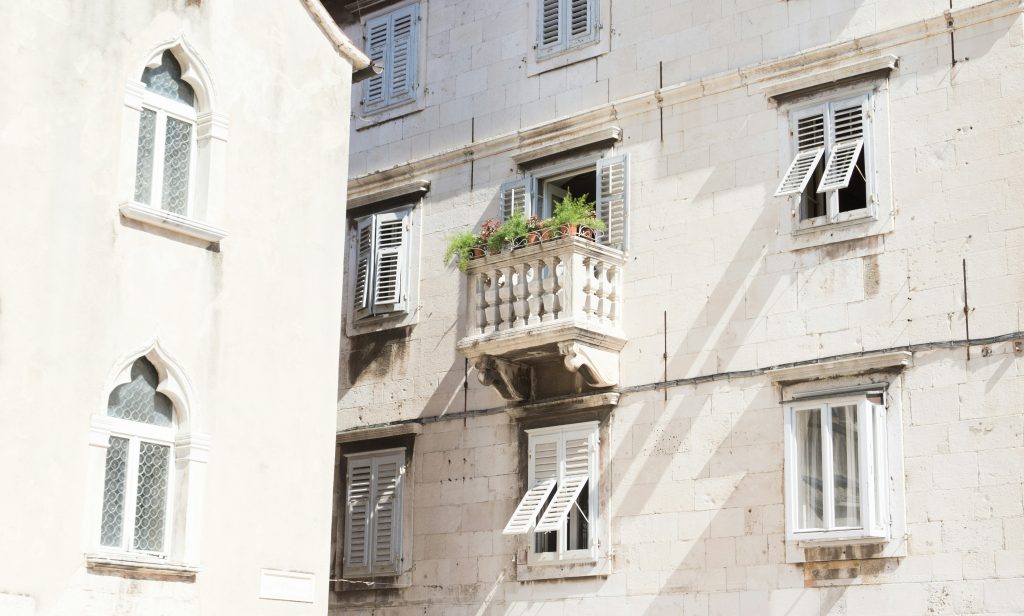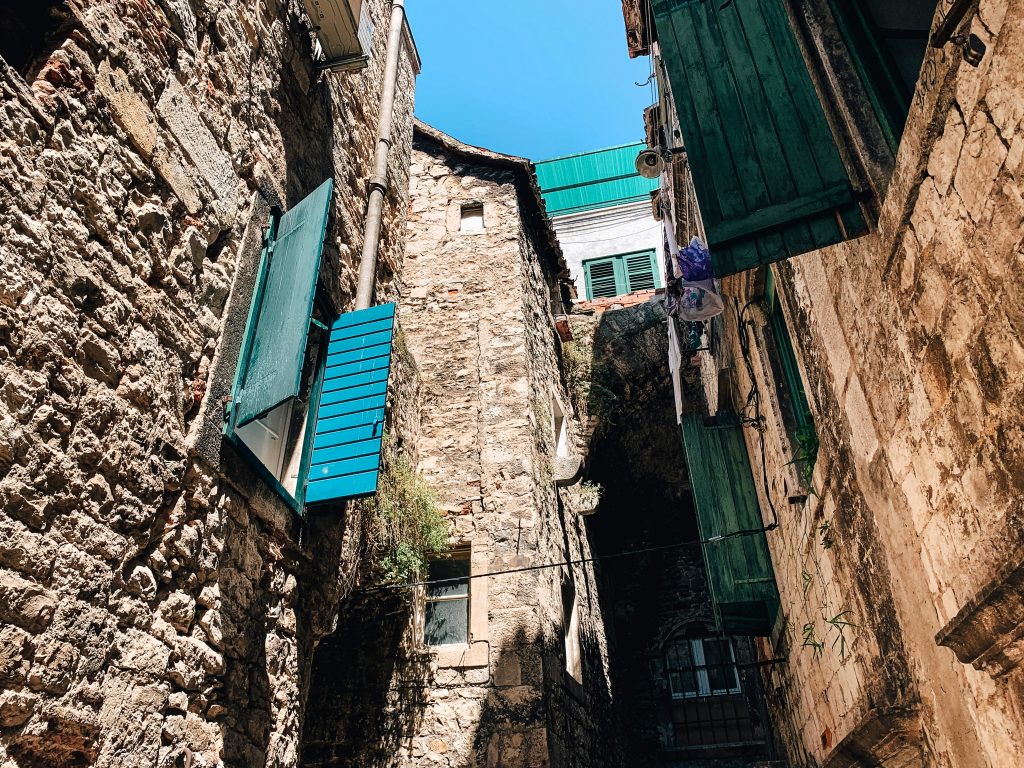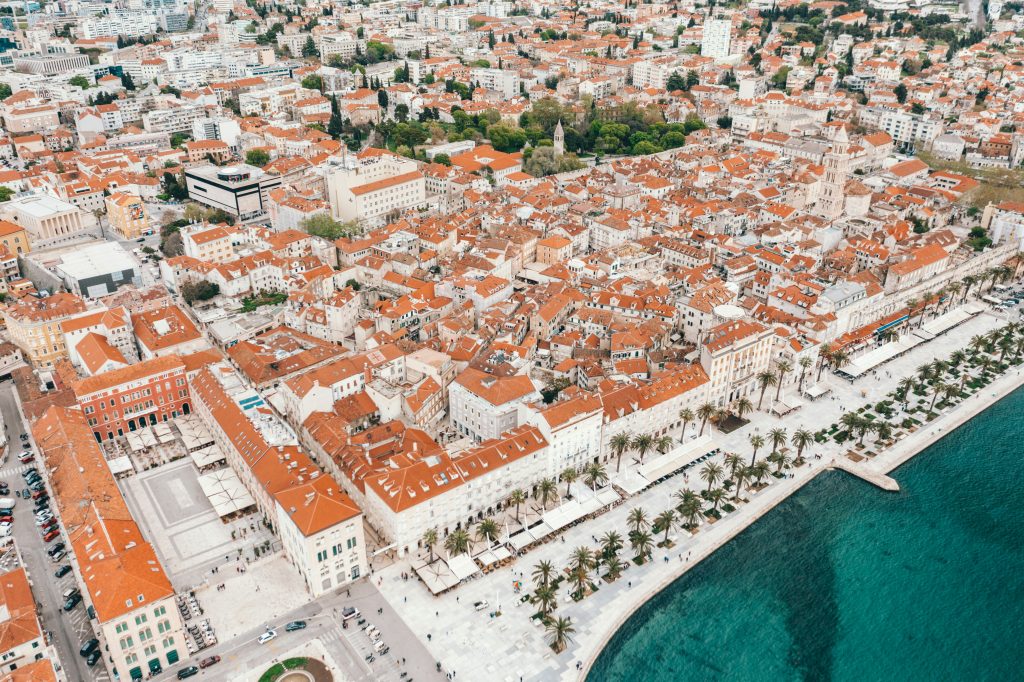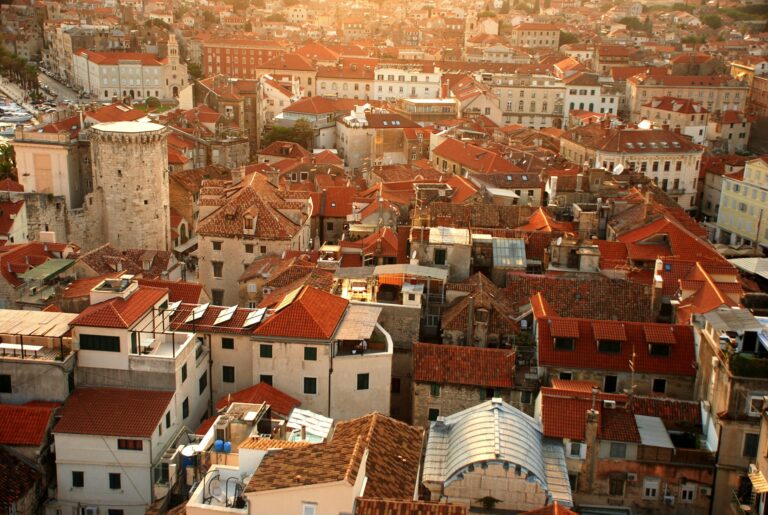June 9, 2024 – With or without the eVisitor system, the tourism industry has been facing the same problem for many years – a chronic shortage of accommodation inspectors in Croatia.
As Poslovnj Dnevnik/Ana Roksandić writes, the tourism industry has long been plagued by the problem of illegal apartment renters and a chronic shortage of Croatian accommodation inspectors to control private renters on the coast. With the summer tourist season getting underway, the State Inspection Service has revealed that 83 officials are currently assigned to inspection duties within the scope of tourist accommodation inspections.
The apparent lack of Croatian accommodation inspectors creates serious problems in catching illegal rentals in the act of reporting them. It is worth noting that, in general, fines of between 1,327 and 3,981 euros are prescribed for those who fail to report rental operations, and additional penalties are frequently prescribed as well.
They stressed that the work plan of the National Inspection Bureau this year stipulates that inspections of unregistered food and hospitality businesses are one of the priority tasks for inspectors. The central office has five regional offices and branches across the country.
Despite help from inland, Croatia still doesn’t have enough accommodation inspectors

Regardless of the number of Croatian accommodation inspectors, coastal regional offices and field offices permanently present, they are assisted during the tourist season by inspectors from the continental regional offices of the National Inspection Service. However, no matter how much support the coastal inspectors receive from their colleagues in other parts of Croatia, it is still not enough for many tourist offices.
“There is a clear shortage of inspectors in the entire Adriatic region, including Novalja. The whole island of Pag is covered by just one tourist inspector. During the tourist season it is simply not possible to regularly inspect both accommodation and catering/hospitality establishments.”
“Most of the supervision of accommodation facilities is carried out based on the reports received. We hope that with the help of additional tourism inspectors there will be fewer problems in Croatian tourism in the upcoming summer season,” commented Marina Ščiran-Rizner, Head of Novalja Tourism Board.
The greater Šibenik area received around 300,000 tourists last year, and the local tourist board expects an increase of at least 5% this year. This is precisely why the lack of proper management in the Šibenik area is a big problem, at least according to Dino Carajole, head of the Šibenik tourist board.
“I am in regular contact with the inspector general but due to a lack of manpower I don’t think he can process all the cases in a reasonable time. In our view there is a lot of illegal activity going on both among domestic entities and foreigners who own premises and take advantage of loopholes in the law to run illegal rentals,” Karajole claimed.
Foreigners do not bring their strict rules to Croatia…

Ana Brničević, secretary general of the Croatian Association of Accommodation for Family Guests, also noticed the problem of foreign renters generally not complying with Croatian laws and regulations.
“I think the problem of illegal foreign tenants is quite real. When talking to locals, I find that in big cities like Split, building tenant representatives don’t even know who is walking around in their building. This causes communal problems and difficulties in buildings with communal water meters. It seems that foreigners from Western Europe don’t bring with them the strictness of the rules that apply in their home countries.”
In such cases, if the accommodation owner is a foreigner who does not speak Croatian, will the inspectors encounter communication difficulties? The State Inspection Service answers:
“According to legal regulations of the competent authorities, catering and hospitality services in the home shall be provided primarily by the lessee, who may be a Croatian national or a national of another Member State of the European Economic Area (EEA) or of the Swiss Confederation.”
In this respect, there will be no difference when carrying out inspections of Croatian tenants and those who are nationals of EEA Member States and the Swiss Confederation. The inspection procedures will be carried out in Croatian language and Latin script, but we stress that foreigners must be given the opportunity to use their national language and script.”
Given this, non-residents probably don’t pose much of a problem for tourist inspectors, at least in legal terms, although it will certainly be difficult to check all of the reports, given worrying staff shortages and the number of houses and apartments that are rented out each summer.
“In Split, renting out accommodation in private homes without permission from the competent authorities is a common violation of the rules. We are particularly vigilant in identifying such places and promptly reporting them to the competent authorities for further control and sanctions,” Split Tourist Board said.
Split has around 7,000 housing units, accounting for 9% of the city’s total housing stock.

According to the Split Regional Office, there are currently 24 officials assigned to the duties of the Tourist Inspectorate. They carry out inspections across all segments within the competence of the Tourist Inspectorate, and 12 officials are assigned to the duties of the Tourist Inspectorate at the Split Regional Office Headquarters (without branches). Looking at the data from last year, it can be seen that there were about 7,000 residential properties rented to tourists in Split alone, which is about 9% of the total number of residential properties in the city.
While residents and tourist boards relentlessly report rulebreakers, Brničević urges people to understand that rentals are a business in themselves – they’re no longer just a side hustle and need to be approached professionally.
“It has become a job that requires year-round involvement, from marketing to direct interaction with guests. It is very commendable that Croatian landlords are taking this seriously, especially in areas like Makarska Riviera where the level of everything is much higher. But the problem is a little bit of human greed, because some people think this is an easy get rich quick business. The reality is not at all and there are a lot of costs that renters are not aware of,” said Brničević, while Karažole added:
“The shortage of accommodation inspectors in Croatia is a big problem. Those who break the law every summer are well aware of it, and they are using this to their advantage.”
Fields marked with * are required to subscribe to our newsletter
Source link

